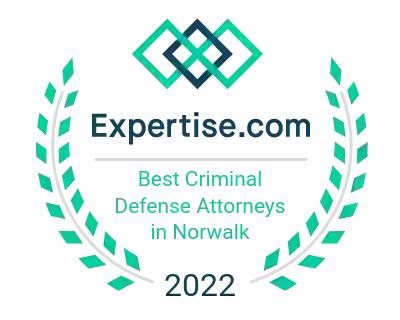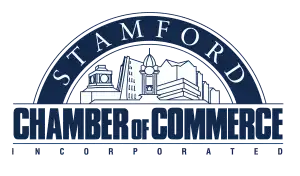UConn Sexting Lawyer
If you are charged with possessing or transmitting child pornography as a minor while attending or living near the University of Connecticut, call a skilled attorney as soon as possible. Guidance from a UConn sexting lawyer can be essential to resolve this unfortunate situation and minimize the impact it could have on your future prospects.
When is “Sexting” a Criminal Offense?
Provided that both involved parties are consenting adults, there is no law against people in Connecticut exchanging sexually explicit photos or videos of themselves with each other. However, the same cannot be said of “sexting” between individuals who are both minors, as an experienced UConn attorney could explain in more detail.
In an effort to protect minors from making unwise decisions that harm them in the future, Connecticut legislators passed a law that makes “sexting” between minors a distinct criminal offense. While this offense is substantially less severe than other offenses having to do with child pornography, it could still have significant repercussions for any underage person facing these charges.
Under Connecticut General Statutes (C.G.S.) §53a-196h, it is unlawful for a person under 18 to knowingly possess any sexually explicit visual depiction of a person under 16 sent to them via electronic means by the depicted individual. This statute likewise makes it illegal for a person under 16 to knowingly and intentionally send a sexually explicit depiction of themselves to another person under 18 via electronic means like text.
What are the Penalties for Sexting in Connecticut?
This offense is considered a class A misdemeanor under the Connecticut penal code, which is less severe than the felony designation that all other child pornography offenses have. Furthermore, since sexting can only be committed by minors, a person charged with this offense will usually have their case proceed through juvenile court rather than adult criminal court. In juvenile court, an adjudication of guilt—as opposed to a criminal conviction—would generally not lead to any term of imprisonment. A knowledgeable local attorney can further explain the potential penalties for sexting offenses.
How Can I Contest Sexting Allegations at UConn?
Since “sexting” is technically a child pornography offense, one of the affirmative defenses applicable to felony child pornography charges also applies to sexting allegations. Under C.G.S. §53a-196g, a person cannot be convicted or adjudicated guilty of possessing child pornography as a minor if they never knowingly possessed more than two distinct depictions and, upon learning of the material’s nature, took steps to destroy it and/or notify law enforcement.
Otherwise, defense strategies in sexting cases generally revolve around demonstrating that the defendant did not knowingly possess or send unlawful material, or that the offense does not follow an existing pattern of criminal behavior or indicate that one is likely to begin in the future. During a private consultation, a seasoned lawyer in the area could what options might be available for an individual charged with sexting.
How Can an Attorney Help in Sexting Cases?
While sexting charges may be fairly uncommon for students in and around college towns, those who do find themselves facing this kind of allegation should speak with a skilled legal professional. This type of offense can be awkward to handle, but a conviction can result in numerous personal and professional consequences. It pays to work with someone who has helped others through similar situations before.
Talk to a UConn Sexting Attorney Today
A UConn sexting lawyer could clarify what next steps you should take and start building your case defense. You can head over to Avvo.com to read our certified client reviews. Schedule an initial meeting and give us a call today.












